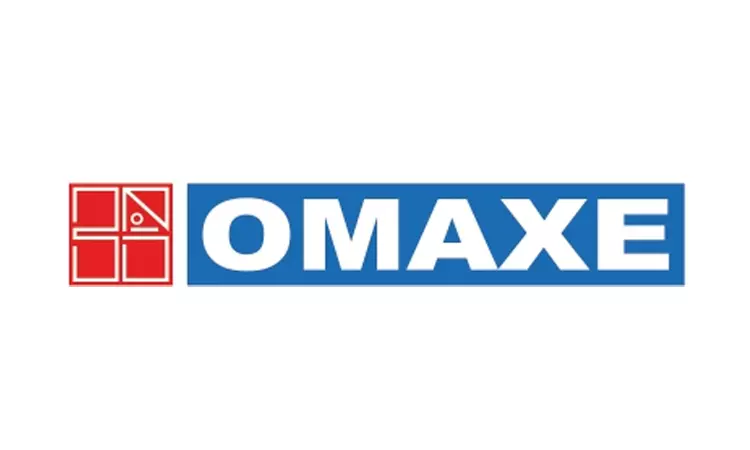Builder Cannot Force Buyers To Accept One-Sided Contractual Terms In Builder-Buyers Agreements: NCDRC
Ayushi Rani
5 Jun 2024 9:00 AM IST

Next Story
5 Jun 2024 9:00 AM IST
The National Consumer Disputes Redressal Commission, presided by Dr. Inder Jit Singh, held Omaxe Ltd liable for deficiency in service due to influencing the buyer to sign one-sided-clauses in the builder-buyer agreement. Brief Facts of the Case The complainant booked a flat in Omaxe City's project by M/S Omaxe Ltd/builder and was allocated a specific unit. Despite the...
